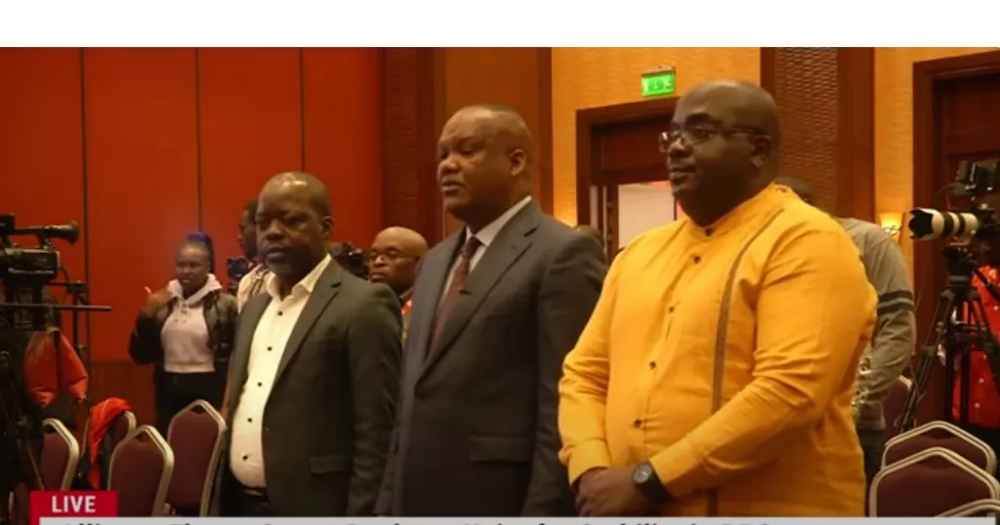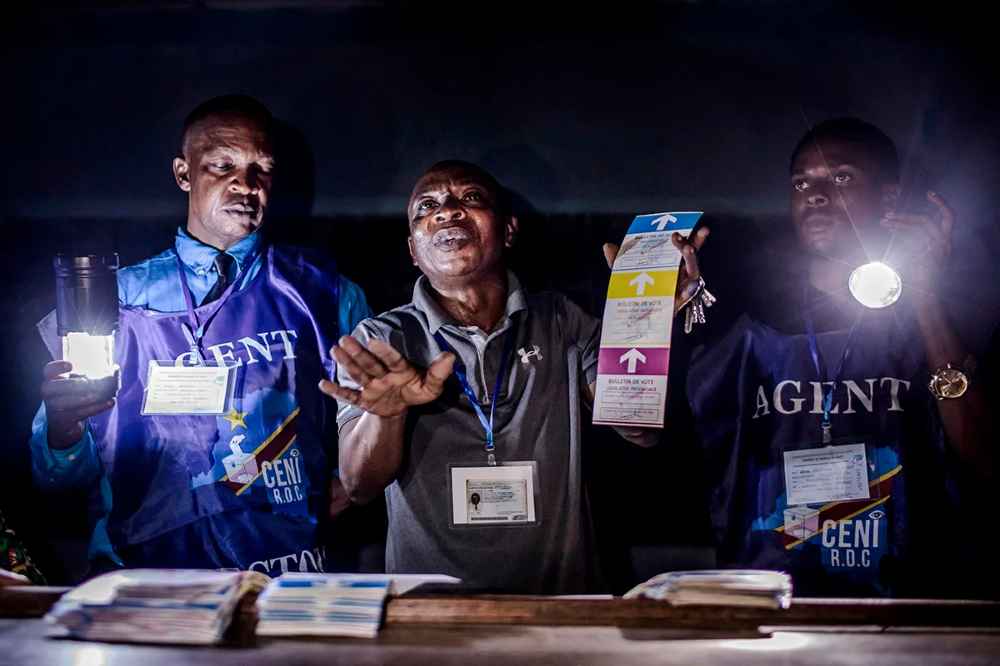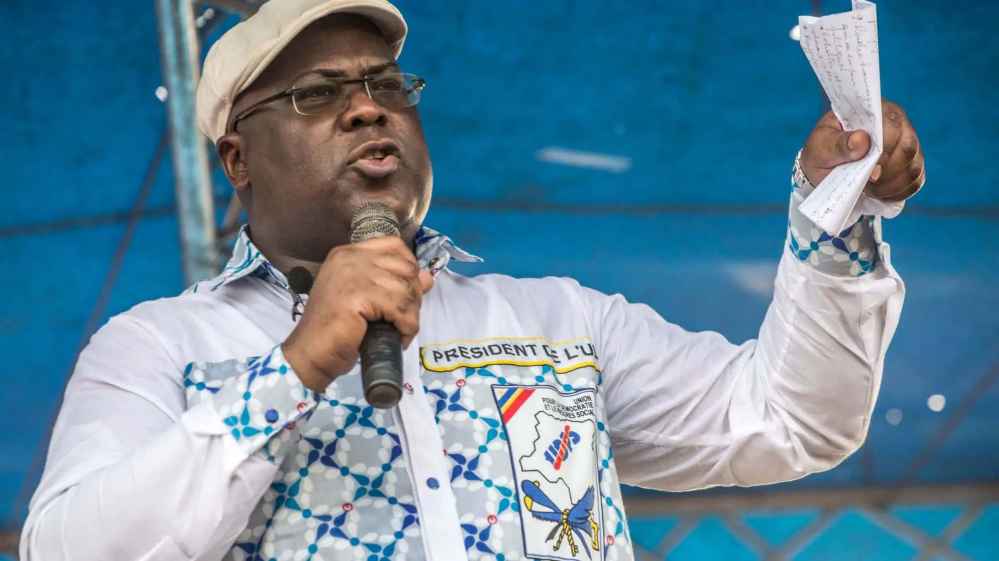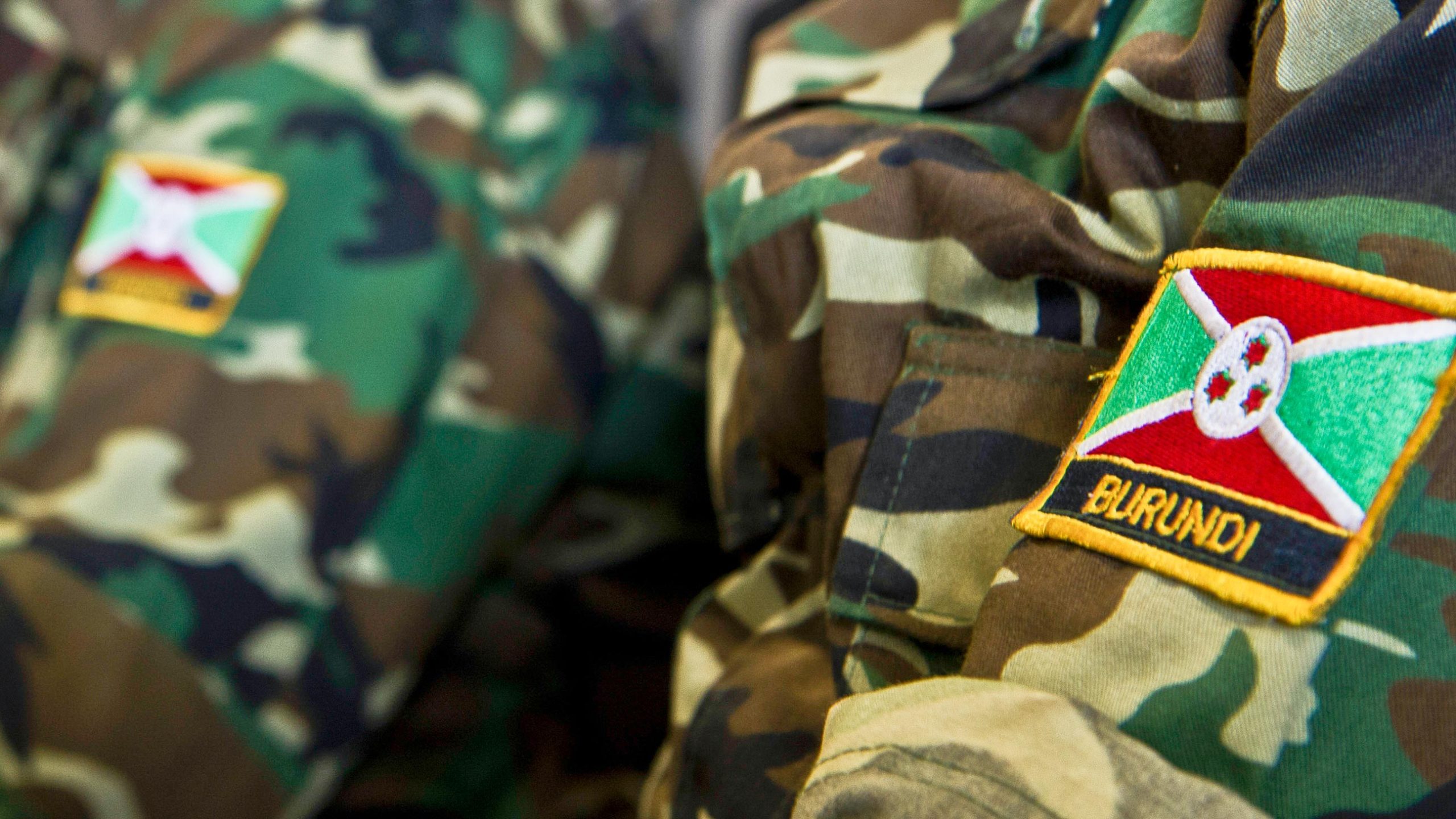Regional
DRC: Election day finds no logistics at voting centers
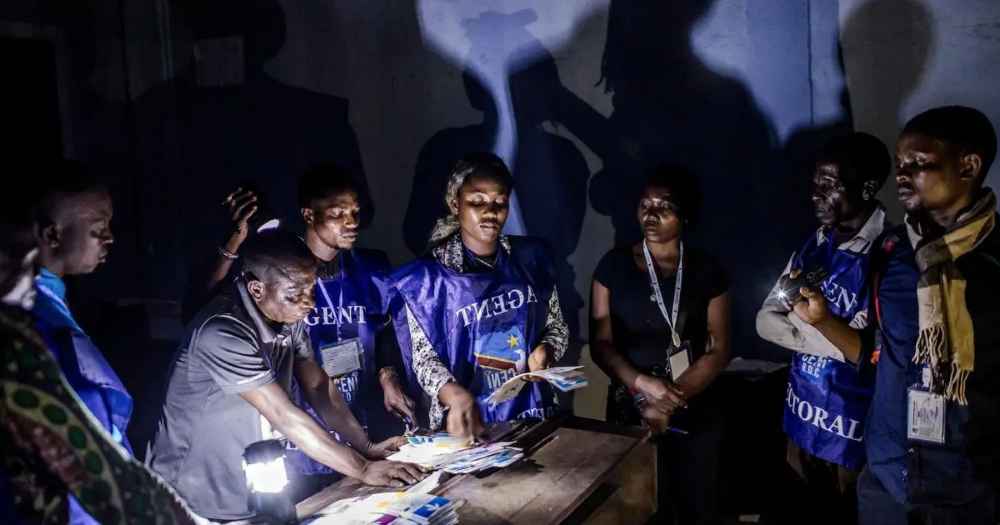
The
Congolese are voting their next president and Members of Parliament on December
20.
The
Independent National Electoral Commission (CENI) has been complaining to lack
the means to deliver voting kits to the designed voting centers nationwide.
Nothing was done to fix the issue, and President Félix Tshisekedi insisted the
poll must be held.
While
Kinshasa initially asked the UN mission in DRC, MONUSCO, for help to deliver
voting kits in Provinces of North Kivu and South Kivu, and Ituri; on December
12, the Congolese government asked the UN Security Council to allow MONUSCO to extend
its logistical support to other provinces.
The UN
Security Council meeting, which will respond to Kinshasa’s request, is meeting
on December 20, the same day the country holds general elections.
It is
not by accident that election day finds no logistics on voting centers despite numerous
calls made by Congolese opposition leaders that Tshisekedi has been plotting to
stage another electoral coup following the successful one in 2018, when he was
declared a winner despite Martin Fayulu having got more votes.
A
large number of Congolese have been worrying that CENI deliberately created the
problems of lack of resources, in order to organize electoral chaos to prepare
for fraud.
In
October 2021, Tshisekedi appointed Denis Kadima as head of CENI, raising
suspicions since the two are fellow tribesmen from Kasai. Over 10,000
opposition demonstrators took to the streets in Kinshasa asking for a neutral
election commission.
According
to CENI’s calendar, over 50 million Congolese were expected to be registered
for voting by March 17. The deadline
found no single voting center which had completed registration including in the
capital Kinshasa.
The
CENI rapporteur Patricia Nseya attributed the delay to “operational
difficulties and security issues,” without giving more details.
Before
the launch of the voter registration exercise on December 24, 2022, Kadima received
instructions from Tshisekedi to use all possible means to create conditions
that will not allow opposition strongholds to register.
Tshisekedi
used CENI to create more voting centers and enrolling thousands of ‘ghost’
voters in his home province, Kasai.
Moïse
Katumbi, the main rival of Tshisekedi, said that, "there are more
enrolment machines in Kasai than in other more populated areas like
Katanga."
Fearing
that his long planned electoral coup would be exposed, Tshisekedi refused to
authorize satellite equipment for European Union election observers, citing
fears that it would be used by foreigners to influence the elections. On
November 29, the EU annulled its electoral mission to DRC, citing technical
issues.
On
December 18, the East African Community (EAC) said it will not send observers
to DRC, as is the tradition among member states, blaming Kinshasa for refusing
to accredit the team.
Tshisekedi
unconstitutionally appointed judges responsible for solving election-related
disputes, neglected electoral law reforms and imposed martial law in opposition
strongholds through a declared 'state of siege' in North Kivu, South Kivu and Ituri provinces.
Tshisekedi declared there will be no elections in the areas, citing insecurity.
The
Congolese population is frightened of the consequences of Tshisekedi’s plans to
retain power.



